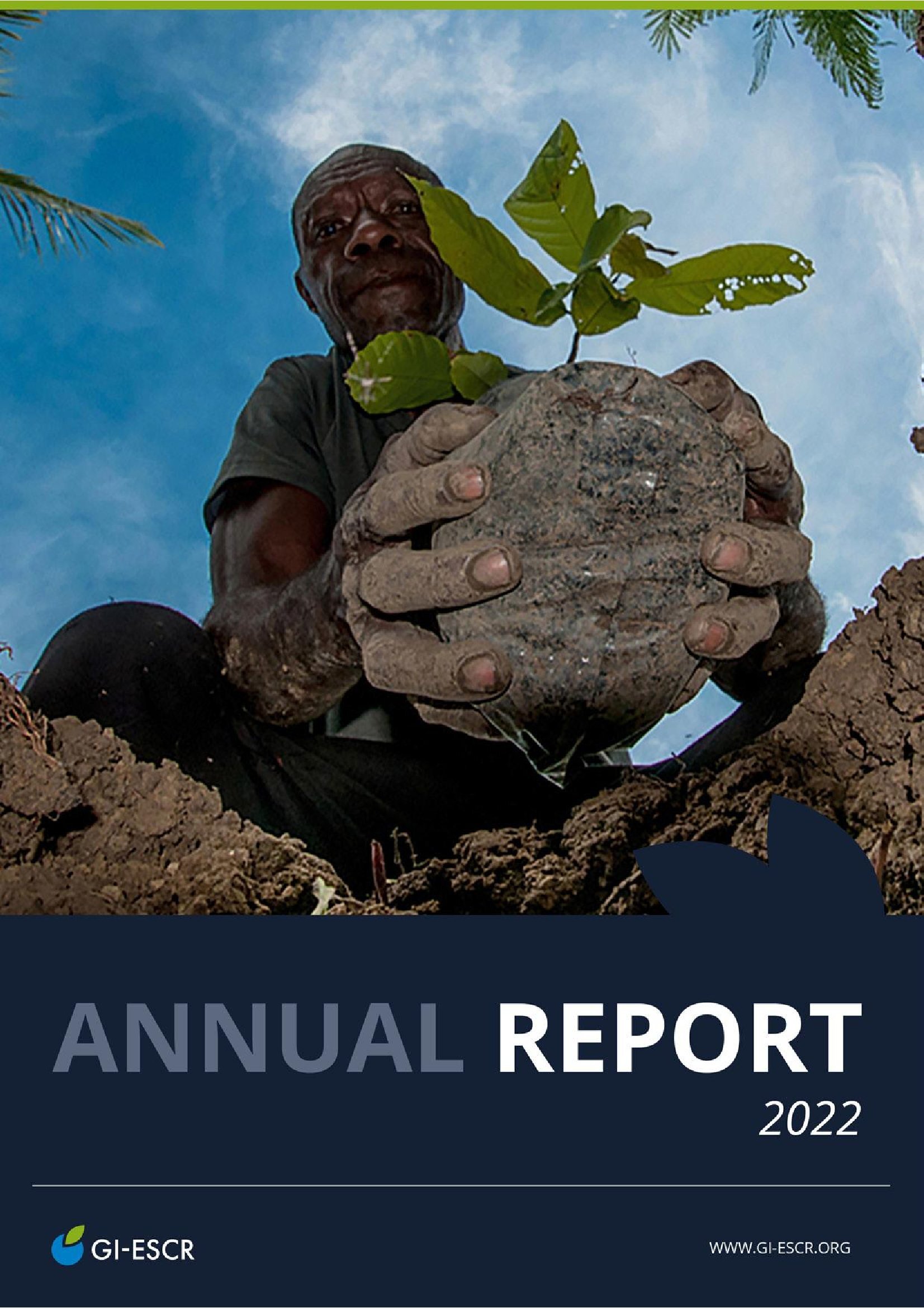
Messages from Chair of the Board

The Global Initiative for Economic, Social, and Cultural Rights is leading the way, partnering with grassroots communities and organisations to demand an end to extractive and exclusionary frameworks that have failed to halt the climate crisis, stop the devastation of the COVID pandemic, and promise little to the many communities without access to clean water, quality education, or safe housing and health services.
Prof. Margaret Satterthwaite
Chair of the Board until November 2022
In a world where individuals, groups and peoples continue to suffer serious human rights violations, the GI-ESCR continues to apply its talents and visions to press for fundamental changes to the systems and practices that perpetuate in equalities and marginalisation.
Prof. Marcos Orellana
Chair of the Board from November 2022

Message from Executive Director

GI-ESCR is part of a movement that is rethinking power relations and our relationship with the planet. During 2022, we took further our commitment to facilitate discussions and agreements on the actions that are needed. We worked in several ways to establish economic, social, cultural, and environmental rights as an essential point of reference for reforming the institutions that govern our societies.
Magdalena Sepúlveda Carmona
Executive Director
Achievements in numbers
Media coverge

Events
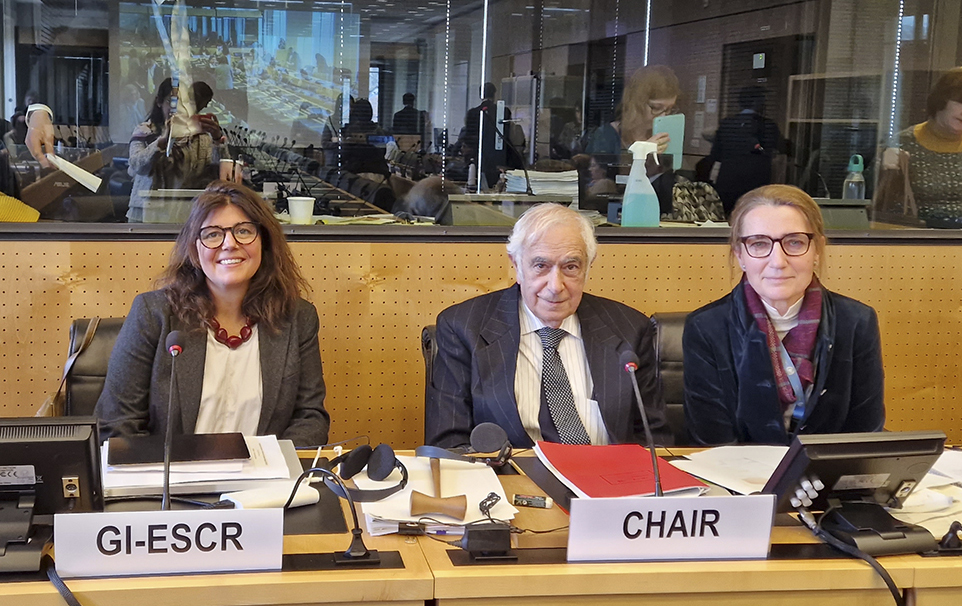

Submissions
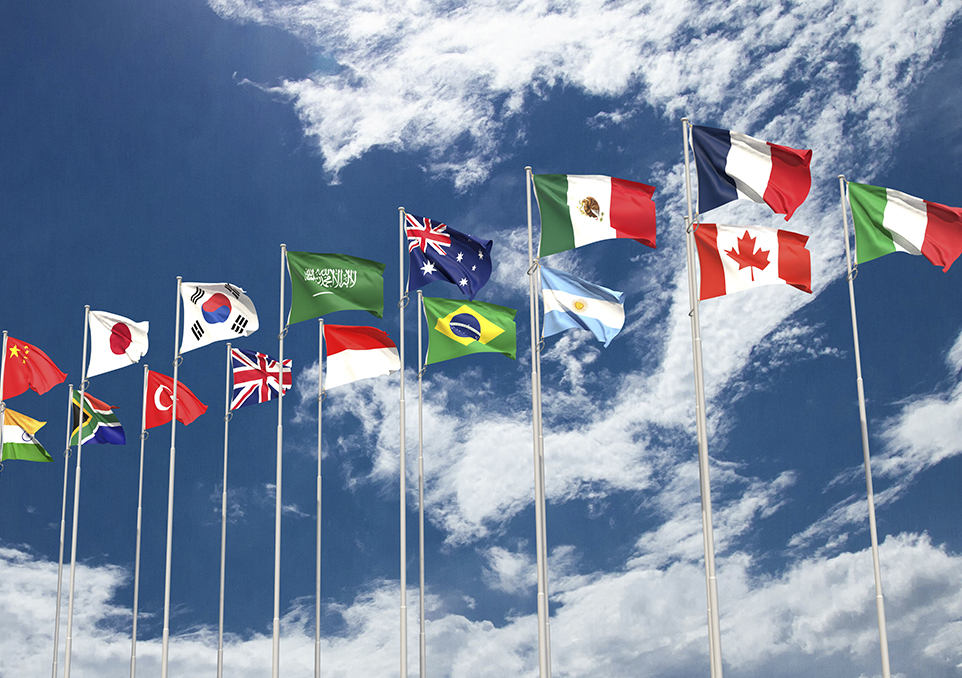
Publications

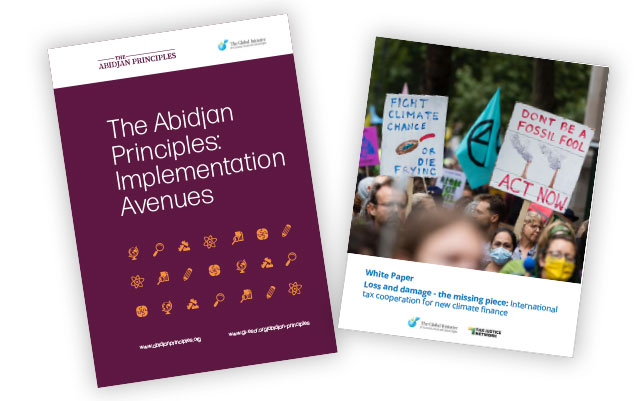
Videos
Testimonials
Examples of collaborative impact
Our normative proposal was included in the draft constitution prepared by Chile’s Constitutional Convention

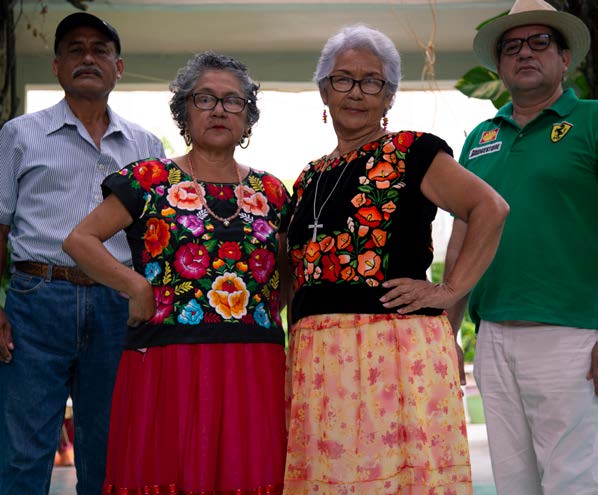
Victory for indigenous women in Mexico who are fighting for a just energy transition
We influenced the education sector in Côte d’Ivoire


Our normative proposal was included in the draft constitution prepared by Chile’s Constitutional Convention

Victory for indigenous women in Mexico who are fighting for a just energy transition

We influenced the education sector in Côte d’Ivoire
Public Services and the regulation of private actors


Health

Education
Addressing the environmental breakdown and ensuring a gender-just transition

Advocating for international standards on the Chilean Constitutional process
During 2022 GI-ESCR continued its work in Chile, pushing for a rights-respecting, gender-inclusive and social justice agenda in the Constitutional process.
The Constitutional Convention established in 2021 offered the ideal opportunity to develop and apply a progressive conception of economic, social, cultural and environmental rights, including standards on gender equality, public services and fiscal policies.
Having begun our work in Chile in late 2019, by 2022 GI-ESCR had become a key player in Chile’s social and political ecosystem.

Gender Equality and women’s rights
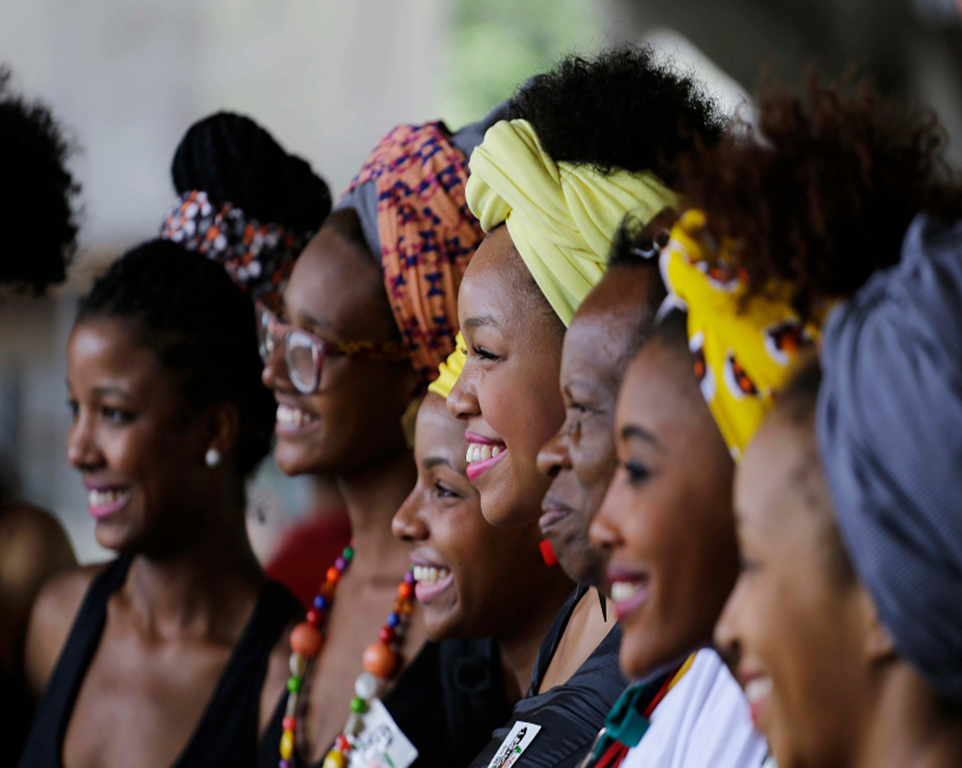
- Mainstreaming gender
- Influencing key international fora on women’s rights and
gender equality - Strengthening the movement for a feminist energy transition
- Feminist alternatives to the commercialisation of public services
- New standards for gender equality in Africa
- Mainstreaming women’s demands in Chile’s constitutional process
Partnerships and networks 2022

Relationships and partnerships are at the core of GI-ESCR’s strategy. By cultivating solidarity and equitable partnerships, we promote collaboration and initiatives to establish and realise human rights that are grounded in diverse perspectives
During 2022 GI-ESCR continued actively to facilitate spaces to harness collective power and break down disciplinary silos. In collaboration with organisations, movements, trade unions and groups, we linked grassroots actors and communities to national, regional and global fora. We also connected with new constituencies and explored innovative strategies to influence public opinion and raise awareness of human rights.
Representation
Women in GI-ESCR
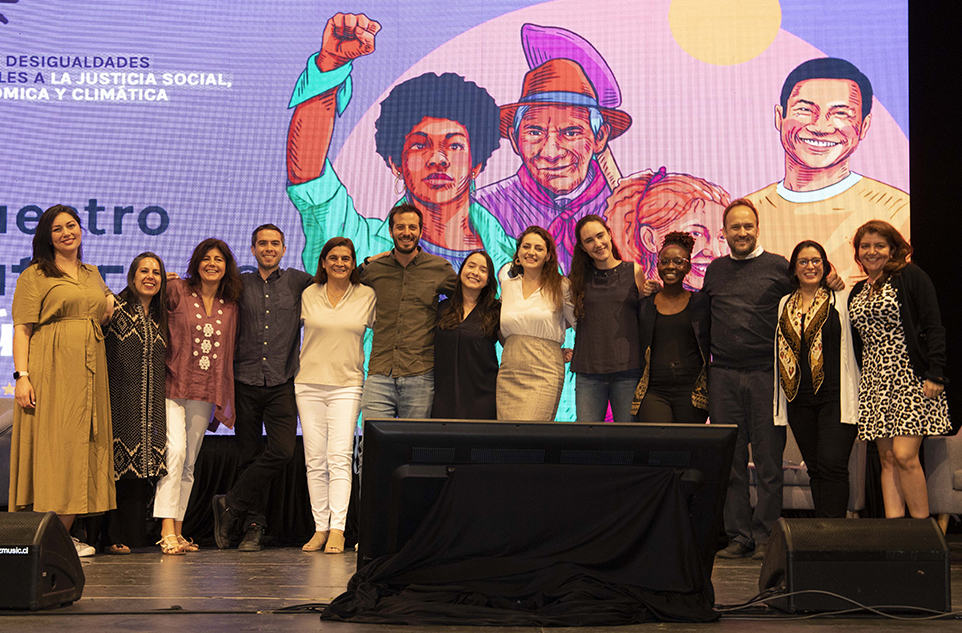
Financial overview
Income

$1,172,251
1,055,357.00 | Foundations | 90% |
112,094.00 | Government | 9.6% |
2,011.00 | Individual contributions | 0.2% |
- | In-kind contributions | - |
2,789.00 | Other | 0.2% |
Expenses
$1,172,251
95,865 | Environmental breakdown and just transitions | 8% |
178,570 | Institutional frameworks | 15% |
487,942 | Reverse the commercialisation of public services | 42% |
112,094 | Government | 10% |
255,558 | Operations | 21% |
42,222 | Fundraising | 4% |
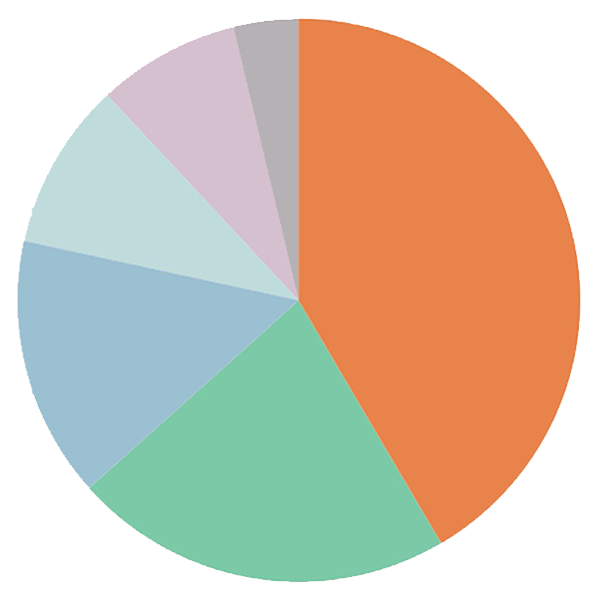
$1,172,251
95,865 | Environmental breakdown and just transitions | 8% |
178,570 | Institutional frameworks | 15% |
487,942 | Reverse the commercialisation of public services | 42% |
112,094 | Government | 10% |
255,558 | Operations | 21% |
42,222 | Fundraising | 4% |














